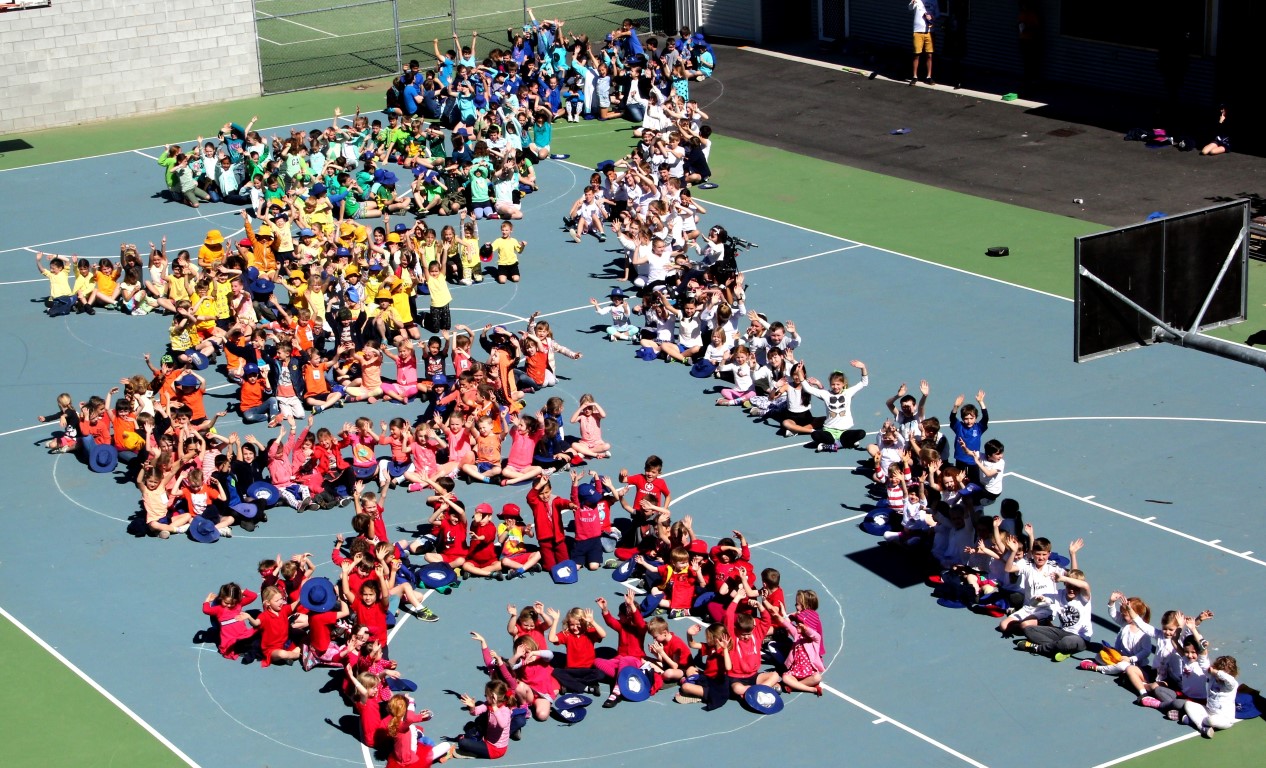The school has a student support committee which
meets weekly and assists with prioritising access to specialist personnel and
provide appropriate targeted learning support. Referrals to this committee
should be through the classroom teacher, and parents may consider discussing
this with them if they have concerns about their child's learning.
Children with disabilities in the areas of hearing impairment, visual
impairment, intellectual disability, physical impairment and autistic spectrum
disorder, are profiled to provide appropriate educational adjustments and have
individual education plans developed. Advisory visiting teachers visit the
school to provide support and advice to the teachers and parents of these
children.
Children who experience ongoing learning difficulties are identified through
data and have support plans developed for them collaboratively by the class
teacher and enabling teachers. Our enabling teachers assist by testing
students, providing individual, small group and in class support and assisting
classroom teachers implement programs for students.
A guidance officer comes once a week to the school working with teachers
and students, assessing children and consulting with parents on their
children’s needs.
A speech/ language pathologist visits the school twice a week assessing children, liaising with teachers, overseeing and providing programs.
Guidance Officer
Oakleigh State School is supported by a guidance
officer who provides support to teachers, students and families as needed.
Duties include:
-
Assessment of students identified with special needs
- Supporting staff, students and families experiencing emotional, behavioural or relationship difficulties
- Advising staff and parents on programming options for students
A
guidance officer from Education Queensland is based in the school to assist in
identifying student difficulties and to make recommendations regarding
assistance. Arrangements are made in consultation with parents and with
parental approval. All inquiries regarding guidance officer assistance should
be made to the school office. On occasions it is appropriate to approach the
guidance officer directly. For example parents may want advice on behaviour
management at home. The telephone number is available from the office.
Speech-Language Pathologist (SLP)
A speech-language pathologist visits the school two days per week supporting students with diverse needs in communication to access high quality curriculum.
Speech-Language Pathologist (SLP)
The school’s SLP works with the educational team to support language learning opportunities and literacy learning needs of all students.
Duties include:
Collaborating with the school team to assist student identification and support.
Assessment of a student’s communication and/or literacy skills.
Developing whole-school and individual student improvement strategies informed by school and student data. The SLP may work directly with the student or indirectly providing specific programs while supporting others to implement these programs. This will include ongoing monitoring and evaluation of programs and outcomes.
Support school teams to enhance transition of students at key points in their schooling journey.
